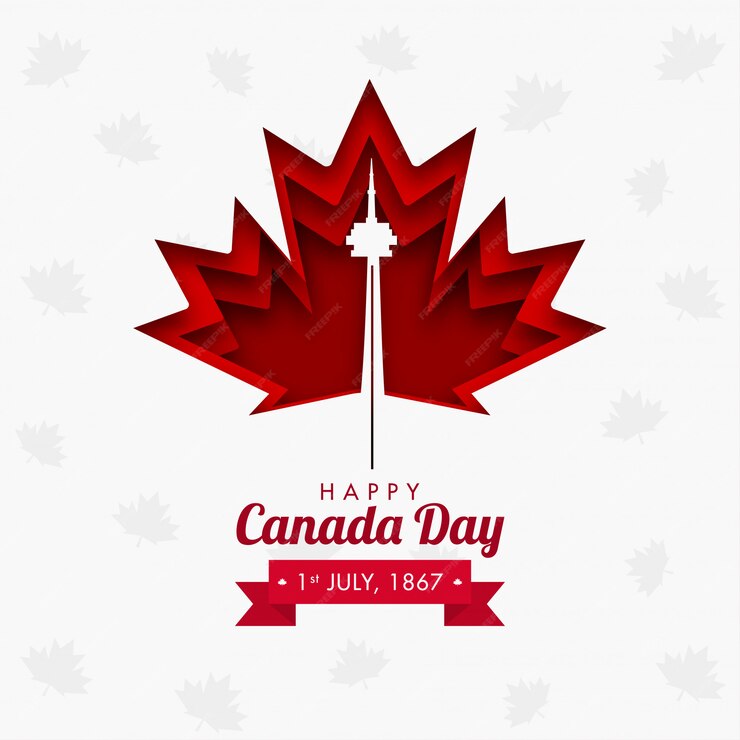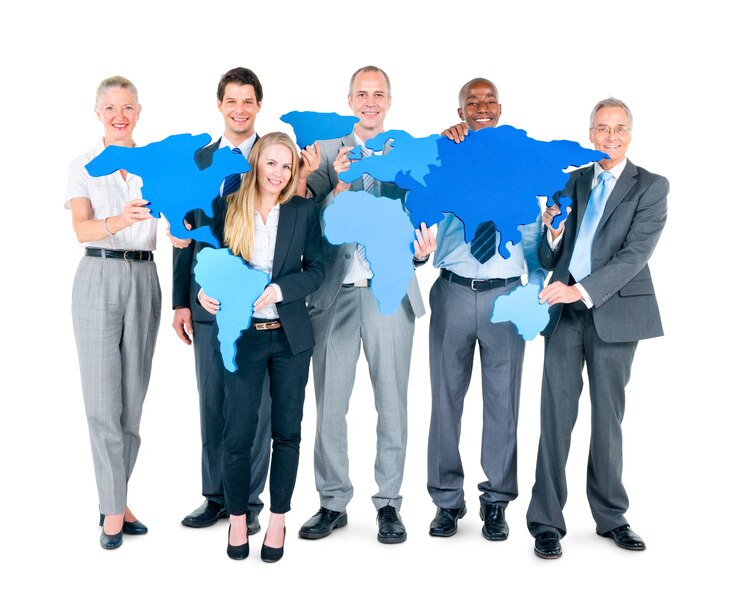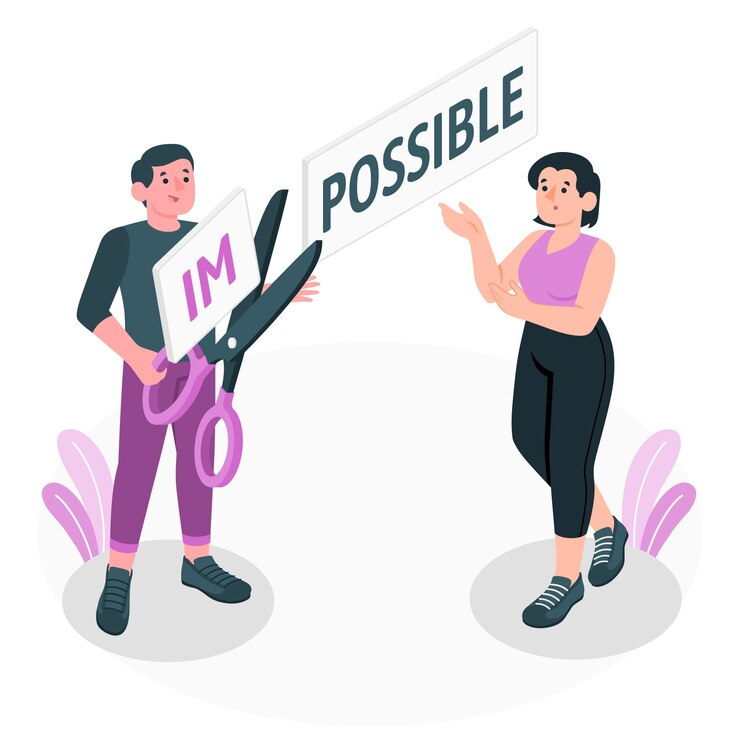how many NGOs working on violence against women and role of USA government
AI-UNO is always wish to NGOs enhance, work smartly in community. It’s true that not all NGOs have fully embraced technology and innovation in their projects and operations. While some NGOs have been at the forefront of using technology to enhance their work, there are various reasons why many NGOs may still lag behind in this aspect. Here are a few key factors to consider: Register as Donor from your country write a Subject: “Donations” send your request on info@aiuno.org
The number of NGOs working on violence against women in the United States is extensive, and they play a crucial role in providing support, advocacy, and services to survivors of domestic violence and gender-based violence. These organizations focus on issues such as intimate partner violence, sexual assault, human trafficking, and other forms of violence against women. They offer various services, including shelter, counseling, legal aid, and educational programs.
While it is challenging to provide an exact number of such NGOs due to the dynamic and ever-evolving nature of the nonprofit sector, there are well-established national and local organizations dedicated to addressing violence against women. Some prominent ones include the National Network to End Domestic Violence (NNEDV), the National Organization for Women (NOW), RAINN (Rape, Abuse & Incest National Network), and Futures Without Violence.
The U.S. government plays a significant role in addressing violence against women through various agencies, legislation, and funding programs. The most notable legislation aimed at addressing this issue is the Violence Against Women Act (VAWA). VAWA was first enacted in 1994 and has been reauthorized multiple times, most recently in 2019. It provides funding for a range of programs and services that support survivors of domestic violence and sexual assault. These programs include:
- Grants to State and Tribal Governments: VAWA provides grants to state and tribal governments to support law enforcement, legal services, and advocacy for survivors.
- Services for Survivors: The law funds services such as shelters, hotlines, counseling, and legal assistance for survivors of violence.
- Prevention and Education: VAWA supports community education and prevention programs to raise awareness and prevent violence against women.
- Training for Professionals: It funds training for law enforcement, healthcare providers, and other professionals to improve the response to violence against women.
- Immigrant and Tribal Communities: VAWA includes provisions to address the unique needs of immigrant and tribal communities affected by violence.
- Legal Protections: It includes legal protections and resources for survivors, such as restraining orders.
The U.S. government, through the Department of Justice and other agencies, administers VAWA funds and supports the development and implementation of policies and programs to address violence against women. Additionally, various government agencies, such as the Office on Violence Against Women and the Centers for Disease Control and Prevention, conduct research and collect data on violence against women, which informs policy and program development.
Overall, both NGOs and the U.S. government play essential roles in addressing violence against women. NGOs provide on-the-ground services and advocacy, while the government provides legal frameworks, funding, and research support to tackle this critical issue.






Leave a Reply